Pipeline programmes for young people aged 16-19 years
Green and pipeline programmes for young people





Where are we now?
There currently are no full-time study programmes for young people aged 16-19 years which are bespoke designed to support a young person progressing into a green job in the green economy.
We have, therefore, provided data of participation on full time courses which are likely to prepare a young person to enter a deep green occupation or which are likely to be important to the future of the region’s economy as it transitions to a greener economy. For example, a young person achieving a T level qualification in Building Services Engineering for Construction, should be well placed to support the construction sector as it transitions to low carbon buildings. We are using the phrase ‘pipeline programmes for young people’ to describe this provision. We have included qualifications in science and in digital (information technology), as they contain knowledge and skills aligned with many green jobs.
The data is organised into sectoral categories of most relevance the region’s future economy, namely automotive, construction and building services, engineering, information communication technology, and science. The data shows participation in green or pipeline programmes for young people in the West Midlands, per 100,000 of population, in comparison to other regions. It is disaggregated by learning aim (course), level, learner home district, age group, gender, ethnicity, and provider type.
Key data
Automotive
The West Midlands has reasonable levels of participation in pipeline programmes for young people in automotive, behind only the east midlands and the north east. Predominantly, these programmes are at level 2 in vehicle maintenance and repair. Colleges are the primary providers of fulltime automotive programmes for young people. There is a concerning gender disparity, with only 6% of female learners, and an under representation of learners from diverse backgrounds at 23%.
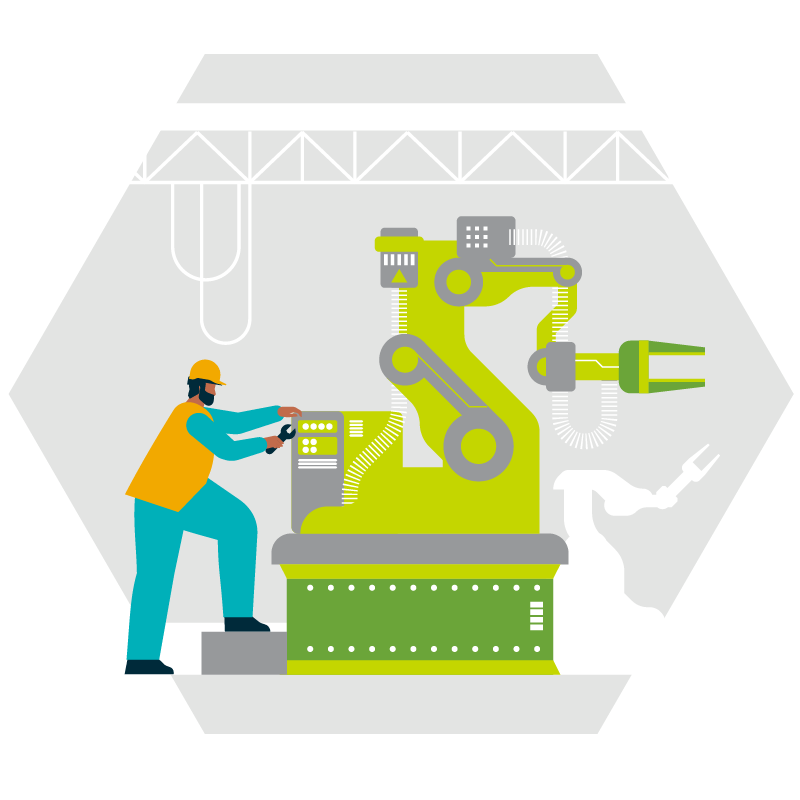
Construction & Buildings Services
The West Midlands has relatively low levels of participation in pipeline programmes for young people in construction and building services, ahead of only London, the south east and the south west and significantly behind the north west and north east. Predominantly, these programmes are at level 2 across a range of disciplines including electrical installation, plumbing, trades, and survey and planning. There is modest participation in T levels. Colleges are the primary providers of fulltime construction and building services programmes for young people. There is a concerning gender disparity, with only 4% of female learners, and an under representation of learners from diverse backgrounds at 31%.
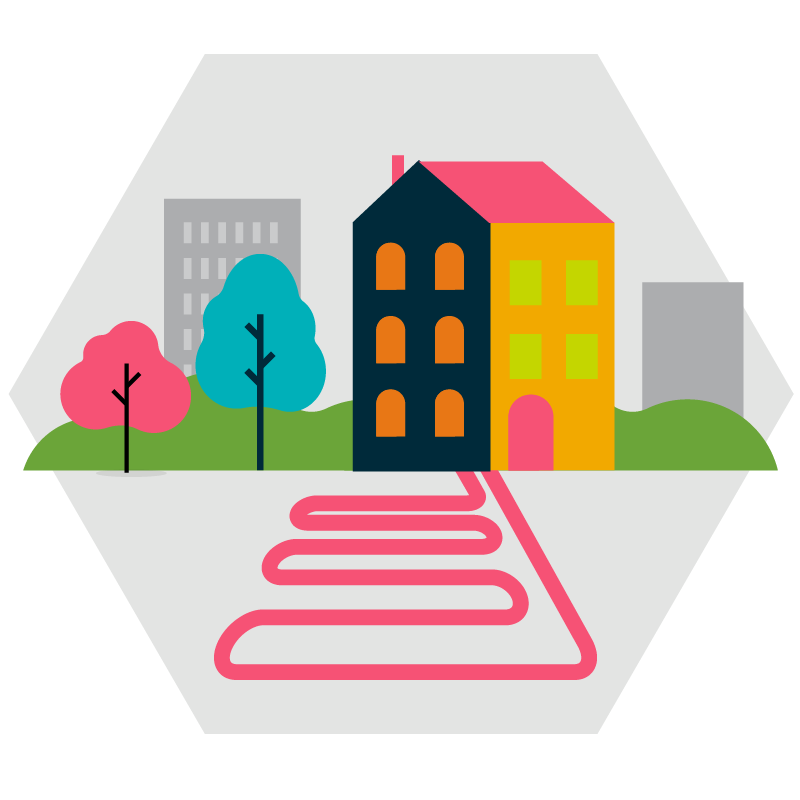
Engineering
The West Midlands has reasonable levels of participation in pipeline programmes for young people in engineering, but lags significantly behind the north east and the north west. Predominantly, these programmes are at level 3 across a range of disciplines including engineering, advanced manufacturing, and maintenance and repair engineering. There is modest participation in T levels. Colleges are the primary providers of fulltime engineering programmes for young people. There is a concerning gender disparity, with only 7% of female learners.
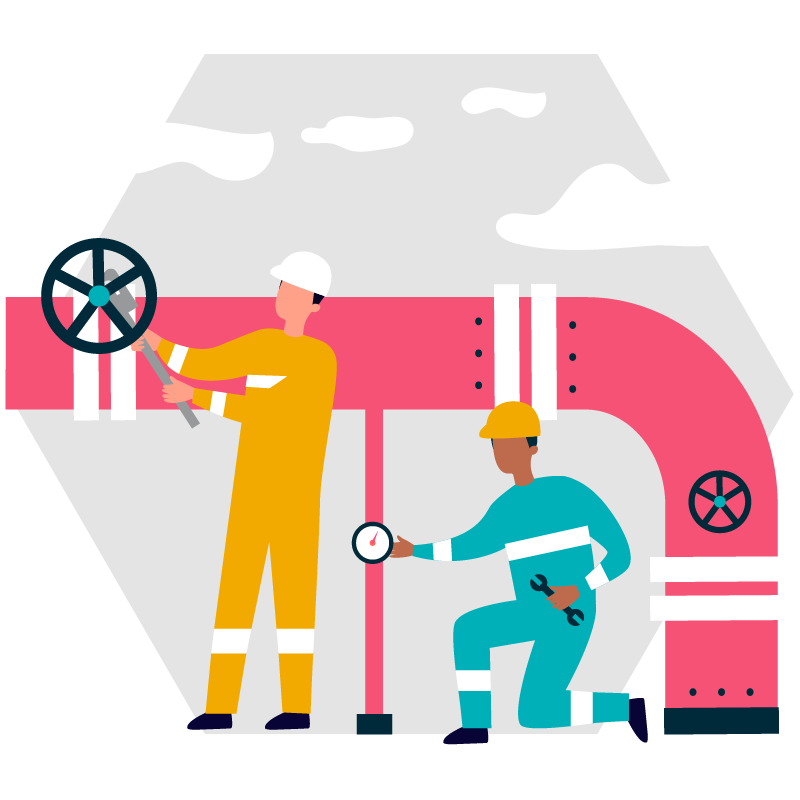
Information and Communication Technology
The West Midlands has reasonably high levels of participation in pipeline programmes for young people in information and communication technology, only lagging the north west. Predominantly, these programmes are at level 3 across a range of disciplines including in IT and creative technology, digital production and design, computing, and cyber security. There is a modest level of participation in T levels. Colleges are support nearly three quarters of young people on full time programmes in information and communication technology. There is a concerning gender disparity, with only 10% of female learners.
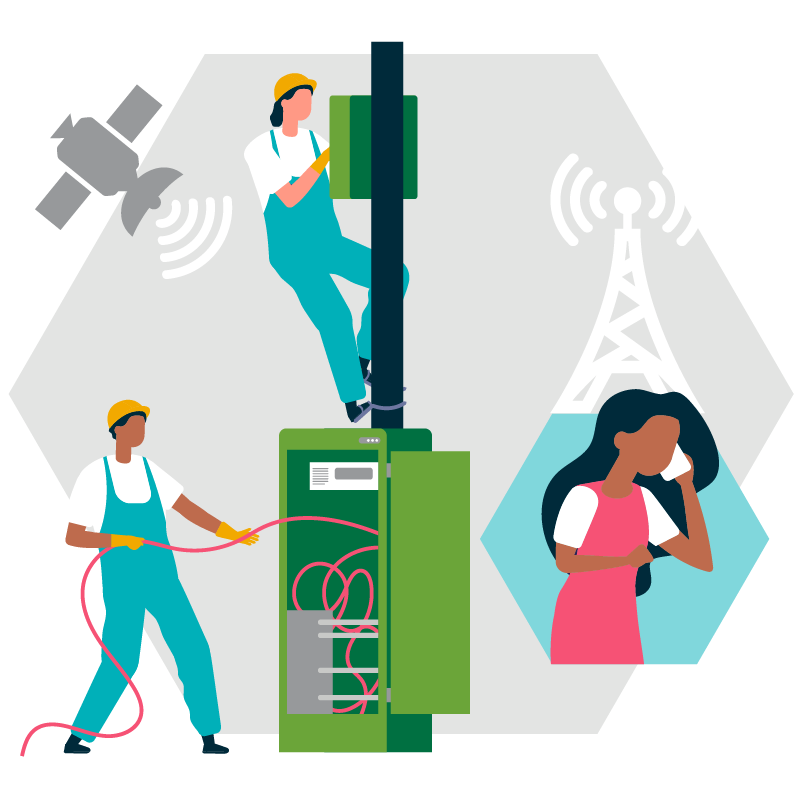
Science
The West Midlands has reasonably high levels of participation in pipeline programmes for young people in science, lagging only the north west and Yorkshire and the Humber. Predominantly, these programmes are at level 3 across a range of disciplines including applied science, forensic science, human biology, and medical science. There is modest participation in T levels. Colleges support just over half of young people on full time programmes in science. There are high levels of female participation making up 65% of learners. Over half the learners are from diverse ethnic backgrounds.

Explore the data
Click here below to choose your sector
Case Studies
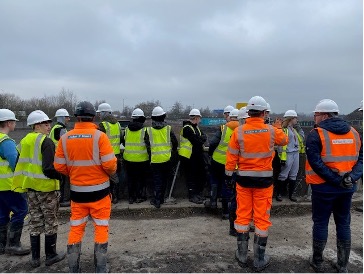
The site visit was a great insight on how land contamination is controlled around the work site and Laurence explained how it is measured and managed and what procedures are in place.
Students enthuse about the benefit of real work scenarios

